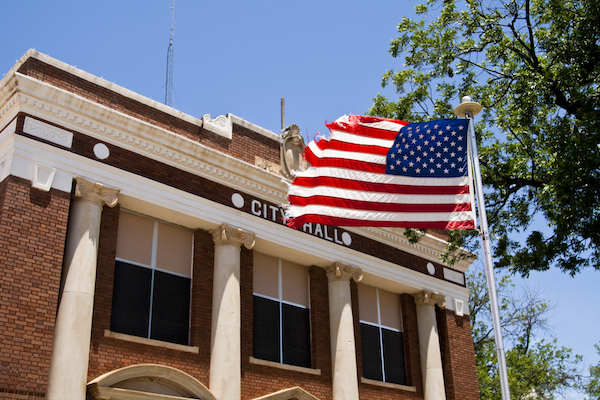Taking on Community Leadership Roles
By Tim O'Brien, APR
October 2019
I know a PR independent who has decided to get involved in local government. She originally was drawn to it out of a desire to improve her community for her neighbors and her children, helping create a better future.
While this remains her aim, what she has found along the way is that politics can get ugly. Something as simple as discussing a tax raise to pay for improvements to a high school can divide a community into two camps, those who are for the increase and those who are against it.
She has had to face her share of animosity online, in public meetings and in the local media. While she gets her share of positive media coverage, sometimes it’s negative, and sometimes it’s downright awful.
This can happen to anyone who serves in leadership in local government or a community group.
Set the tone
So how do you as an independent balance your professional persona with the you who volunteers and who may be in the public spotlight once in a while?
A starting point is to have a set of values and stick to them. If you have a set of unwavering core values, then the kinds of decisions you make in business and in your personal volunteerism will be true to you, and will be consistent. That way, anyone who sees an article or social media post about you, won’t be surprised by what they see, or they will know that there’s more to the story.
Next, let those who are important to you know of your outside interests, particularly in situations where you may be a public figure of sorts. Invite ongoing dialogue, so that if they see social media posts or articles involving you, you can address any questions and clarify any issues that may arise.
If something controversial is brewing and your name could be attached to it, then proactively notify those important to you what they may see. Don’t wait and assume that your network either didn’t see the activity (because no one said anything), or understands it in the proper context.
Finally, develop thick skin. In my experience, having worked with and managed any number of PR professionals over the years, PR pros tend to have thin skin and be people pleasers. This is an asset when the driver is to create positive perceptions for our organizations and clients. But as the old saying goes, “You can’t please all of the people all of the time.”
Don’t overreact
In that spirit, even when you know in your heart that you’re doing the right thing for the right reasons, others may not see it that way. Some may even go so far as to intentionally mischaracterize something you did or did not do, or something you said or did not say, to advance their own agenda. You can’t stop them from doing this. But you can stop yourself from overreacting to it.
Not every public criticism warrants a response. While we often counsel clients that “no comment” is the worst thing you can say to the media in a crisis situation, there are times when it’s best to give events an opportunity to unfold naturally without overreacting. Not every criticism from every camp is owed an explanation. Think strategically and with a long view.
In some cases, this requires thick skin, patience and trust in a process that is rooted in that very thing that inspired you to volunteer in the first place — a commitment to do right by communities that are important to you.



